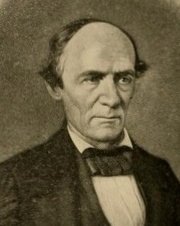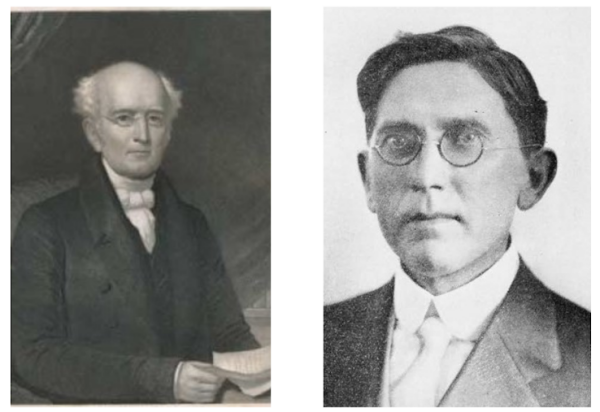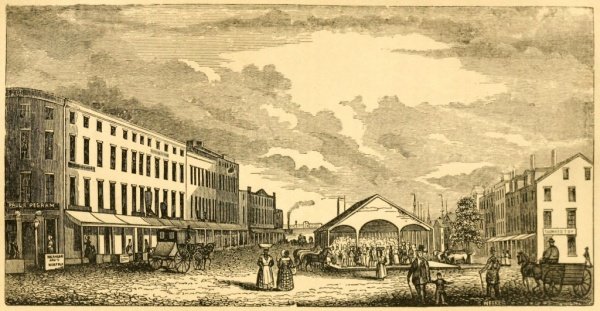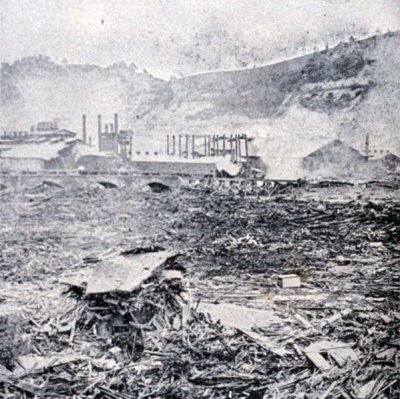Receive our blog posts in your email by filling out the form at the bottom of this page.
It has been a while since we have updated our readers on what’s happening at Log College Press, but there is in fact much to report. As you may know by now, Greenville Presbyterian Theological Seminary announced in recent weeks that it has acquired Log College Press, a partnership which is a tremendous step forward in our ministry. It is a tremendous privilege to associate with the seminary in our mutual efforts to edify the church body, in our case, by bringing American Presbyterian works from the past into the present, which makes for an exciting future.
We are very pleased to report that Caleb Cangelosi, the founder of Log College Press, will continue to serve as General Editor of the publishing side of Log College Press. Some of the planned forthcoming titles to be published include:
- A Plain and Scriptural View of Baptism, by Daniel Baker
- The Utility and Importance of Creeds and Confessions, by Samuel Miller
- The Broken Home: Lessons in Sorrow, by Benjamin Morgan Palmer
- Suicide: Its Guilt, Folly, and Sources, by Samuel Miller
- The Memoirs of John Leighton Wilson, by Hampden Coit DuBose
Andrew Myers remains the Website Manager for Log College Press. At this point in time, we are approaching 20,000 titles available to read online on the website. Members of the Dead Presbyterian Society have special access to certain features on the site, which include the Early Access and Recent Additions page, as well as the DPS quote blog.
Some highlights at the Early Access page:
Mary McLeod Bethune, My Last Will and Testament (an article that she published shortly before her death in a 1955 issue of Ebony magazine);
Sidney Lanier, Tiger-Lilies (1867) - this is Lanier’s one and only novel;
A.A. Hodge, Progress in Theology (1883) - Hodge’s contribution to a symposium on the subject which appeared in The Catholic Presbyterian;
James Kennedy, Thoughts on Prayer (1898) - Kennedy’s final publication includes a memorial of his life; and
Geerhardus Vos, Dogmatiek, Vols. 1-5 (1896) - this is Vos’ Reformed Dogmatics, handwritten, in Dutch.
Some highlights at the Recent Addtiions page:
William Munford Baker, Church-Planting in Texas: A Pioneer Sketch (1879);
Thomas Bloomer Balch, Reminiscences of Presbyterian Ministers (1877-1878) - a series of personal recollections that appeared in The Central Presbyterian;
Louis FitzGerald Benson, The Hymnody of the Christian Church (1927);
George Washington Cable, Mark Twain and G.W. Cable: The Record of a Literary Relationship (1960);
John Gresham Machen, Captain With the Mighty Heart: The Story of J. Gresham Machen (1967-1971), and Personal Reminiscences of J. Gresham Machen (1985) - the first being a 19-part biographical sketch by Henry W. Coray from The Presbyterian Guardian, and the second being a series of recollections by people who knew Machen personally from The Presbyterian Journal;
Gilbert McMaster, The Upright Man in Life and at Death: a Discourse Delivered, Sabbath Evening, November 7, 1852, on the Occasion of the Decease of the Rev. Samuel Brown Wylie, D.D. (1852);
Richard Clark Reed, The Gospel as Taught By Calvin (1896, 1979);
John Rodgers, A Brief View of the State of Religious Liberty in the Colony of New York (1773, 1838);
Charles Adamson Salmond, Dr. Charles Hodge (1881)
Thomas Caldwell Stuart, “Father” Stuart and the Monroe Mission (1927); and
Geerhardus Vos, De verbondsleer in de Gereformeerde theologie - Dutch original of The Doctrine of the Covenant in Reformed Theology] (1891).
This is an exciting year for Log College Press for many reasons, and, in our fashion, we have, this year, already taken note of John Witherspoon’s 300th birthday, Thomas Murphy’s 200th birthday, and we are looking ahead to the 200th birthday of A.A. Hodge, and the 300th birthday of Samuel Davies. 2023 is a good time to study the writings of these giants of the American Presbyterian Church. There is no time like the present to study the past.
Meanwhile, please feel free to browse the many resources available to our readers in print and in digital format. We appreciate hearing from our readers if they find matters needing correction, or if they have questions about authors or works on the site, or if they have suggestions for additions to the site. Your feedback helps the experience of other readers as well. Thank you, as always, for your interest and support. Stay tuned for more good things to come.



























